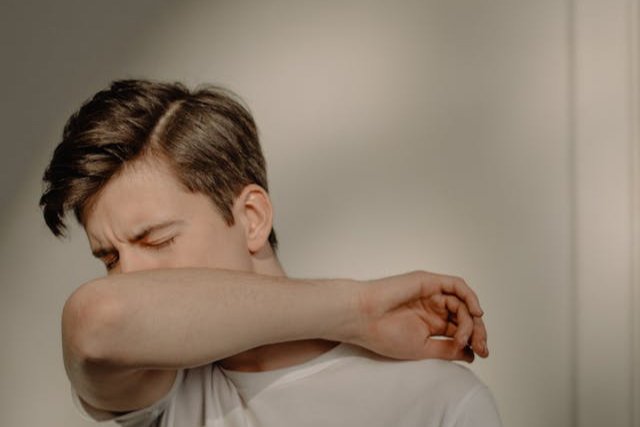Understanding the Potential Side Effects of TMS Treatment
Transcranial Magnetic Stimulation (TMS) is a non-invasive treatment that uses magnetic fields to stimulate nerve cells in the brain. It has gained popularity for its efficacy in treating major depressive disorder, especially in patients who have not responded to traditional treatments like medication and psychotherapy. While TMS is generally considered safe and well-tolerated, it is important to be aware of potential side effects. Here’s a closer look at what you might experience during and after TMS treatment.
Common Side Effects
Scalp Discomfort
Description: Some patients report mild to moderate discomfort at the treatment site.
Management: This can often be alleviated with over-the-counter pain relievers like ibuprofen or acetaminophen. Adjustments in the positioning of the coil can also help reduce discomfort.
Headaches
Description: Headaches are one of the most commonly reported side effects.
Management: These headaches are usually mild and diminish over the course of treatment. Hydration, rest, and over-the-counter pain medications can help manage this side effect.
Also Read: Understanding TMS Treatment of Depression Based on Biotypes
Tingling or Twitching
Description: Some patients may experience facial muscle tingling or twitching during the treatment.
Management: This is usually a temporary effect that occurs during the stimulation and ceases once the session is over. If it becomes bothersome, the technician can adjust the coil’s position.
Less Common Side Effects
Lightheadedness
Description: A feeling of lightheadedness or dizziness can occur during or after a session.
Management: This is typically mild and short-lived. Patients are advised to sit or lie down until the sensation passes.
Fatigue
Description: Some individuals report feeling unusually tired after treatment sessions.
Management: Ensuring adequate rest and hydration can help mitigate this. It’s important to monitor this side effect and discuss it with your healthcare provider if it persists.
Also Read: TMS vs. Ketamine: Which is More Appropriate for You?
Sleep Disturbances
Changes in sleep patterns, such as insomnia or increased sleepiness, can occur.
Management: Maintaining a regular sleep schedule and practicing good sleep hygiene can help manage this effect.
Rare Side Effects
Seizures
Description: Although extremely rare, seizures have been reported as a side effect of TMS.
Management: Patients with a history of seizures or other risk factors are typically screened out during the evaluation process. In the unlikely event of a seizure, immediate medical attention is required.
Hearing Issues
Description: The loud clicking noise produced by the TMS machine can potentially cause hearing issues if proper ear protection is not used.
Management: Wearing earplugs during treatment sessions can prevent this. Clinics usually provide these to ensure patient safety.
Psychological Side Effects
Mood Changes
Description: Some patients might experience a temporary increase in anxiety or mood swings.
Management: Continuous communication with your mental health provider is crucial. Any significant mood changes should be reported immediately.
Conclusion
TMS is a promising treatment for depression and other mental health conditions, offering hope to many who have not found relief through other means. While it is generally safe, being informed about potential side effects helps patients prepare and manage their expectations. Always discuss any concerns with your healthcare provider, and ensure you receive treatment from a reputable clinic with trained professionals. By staying informed and proactive, you can make the most out of your TMS treatment experience.
Also Read: Exploring Ketamine Treatment for Internet Gambling Disorder?
Additional Resources:
* Michael Pollan’s “How to Change Your Mind”: A comprehensive look at the history, science, and personal experiences related to psychedelics.
* MAPS (Multidisciplinary Association for Psychedelic Studies): An organization conducting research into the medical and therapeutic uses of psychedelics.
* Johns Hopkins Center for Psychedelic and Consciousness Research: Leading research center studying the effects of psychedelics on the brain and behavior.

